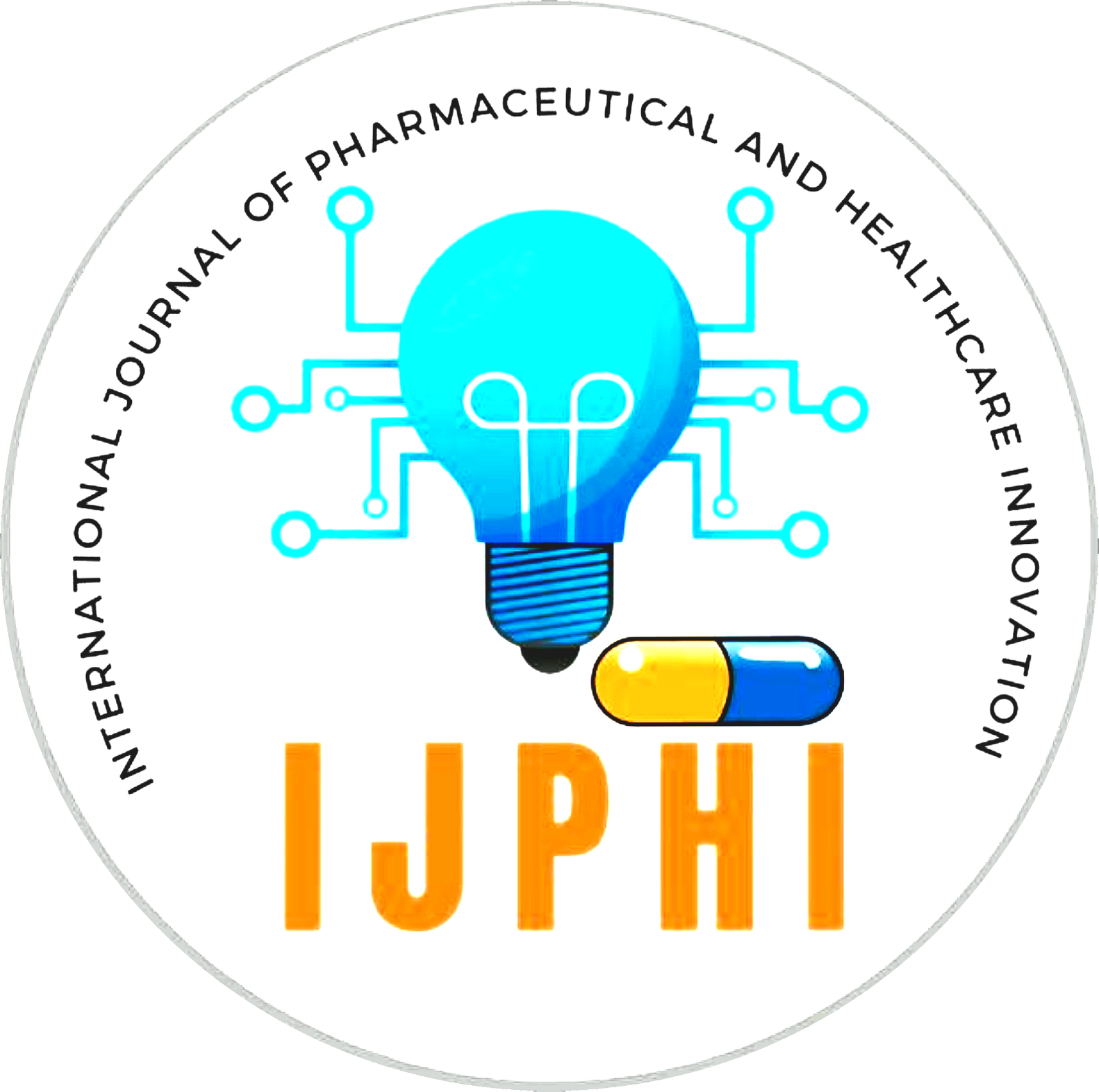A Comprehensive Review on the Role of Autophagy in Immunity
DOI:
https://doi.org/10.62752/rv7fqj98Keywords:
Autophagy, Immunity, Inflammation, Autoimmune Disease, Therapeutic TargetAbstract
Autophagy, a cellular degradation process, is a key regulator of immune function, interacting with the major histocompatibility complex (MHC) and human leukocyte antigen (HLA) systems, and the NF-KB pathway. It encompasses three main types: macroautophagic, micro autophagy, and chaperone-mediated autophagy (CMA). Autophagy plays a crucial role in both innate and adaptive immunity, contributing to pathogen clearance, antigen presentation, and immune cell homeostasis. Dysregulation of autophagy has been implicated in autoimmune diseases such as systemic lupus erythematosus (SLE), rheumatoid arthritis (RA), inflammatory bowel disease (IBD), and multiple sclerosis (MS). Understanding the complex interplay between autophagy and immunity offers potential therapeutic targets for immunomodulation, paving the way for novel treatments for immune-related disorders. Further research is needed to unravel the intricate mechanisms of autophagy and its impact on immune cell function, ultimately leading to the development of effective therapies for autoimmune and inflammatory diseases.

Downloads
Published
Issue
Section
License
Copyright (c) 2024 Pharmacytalk2us

This work is licensed under a Creative Commons Attribution-NonCommercial 4.0 International License.
All articles published in the International Journal of Pharmaceutical and Healthcare Innovation (IJPHI) are licensed under the Creative Commons Attribution–NonCommercial 4.0 International License (CC BY-NC 4.0). Authors retain copyright of their work and grant the journal the right of first publication. The published material may be used, shared, and reproduced for non-commercial purposes with proper attribution.
© IJPHI GLOBAL PUBLISHER PVT. LTD.










